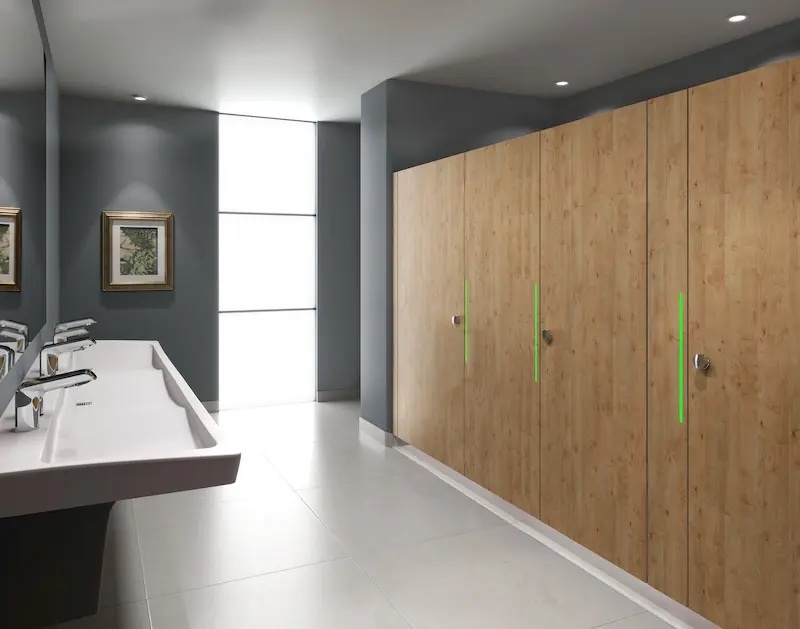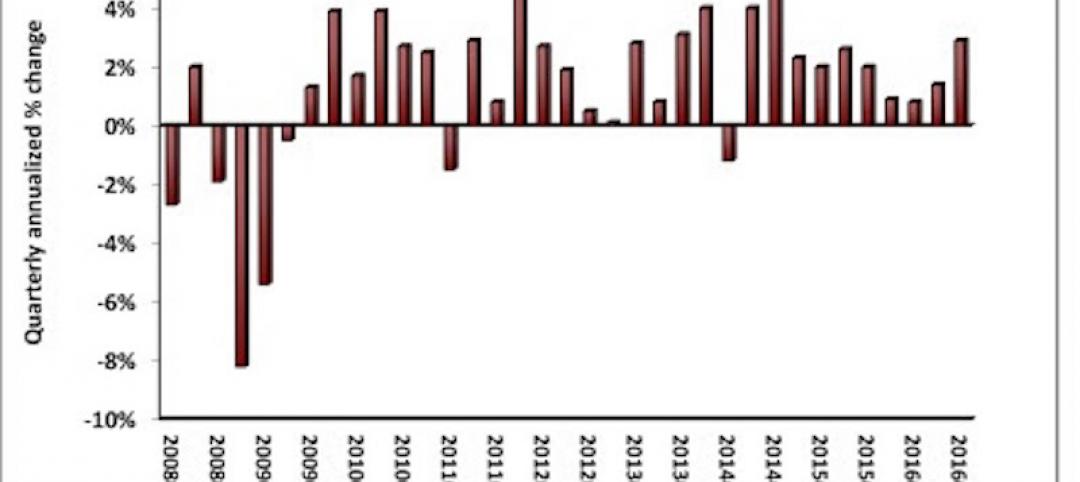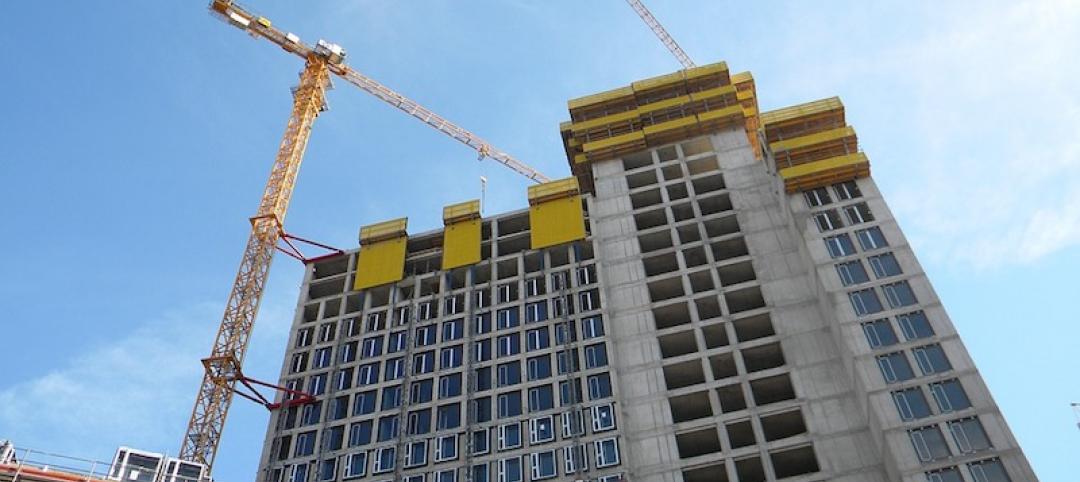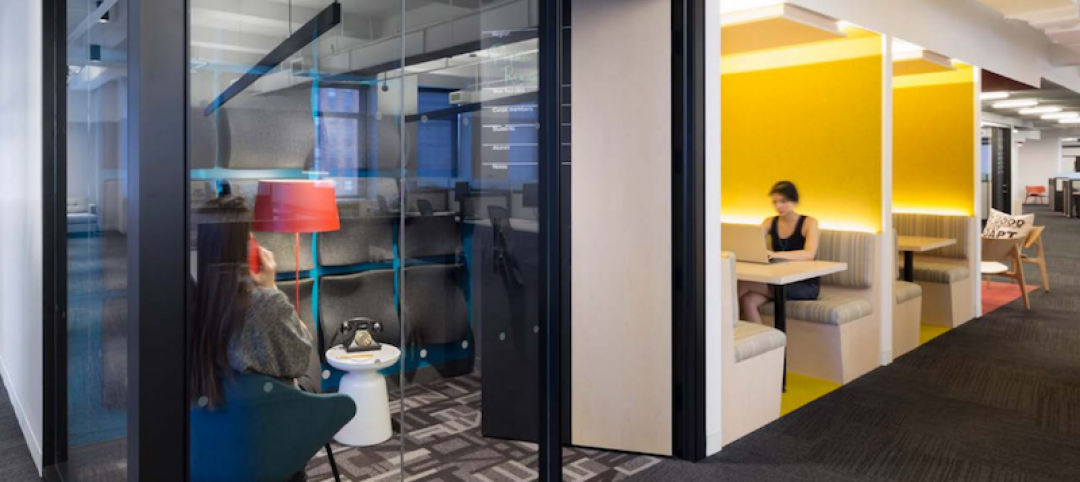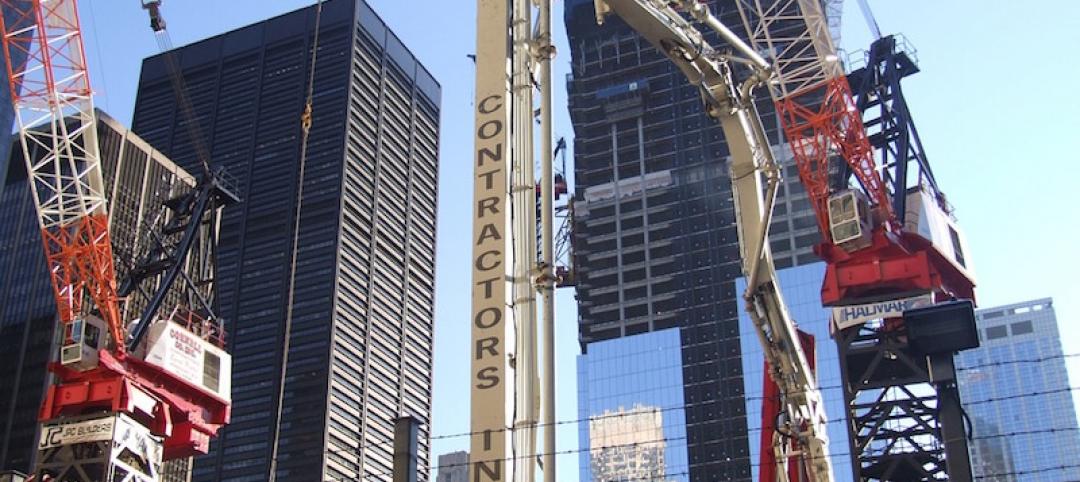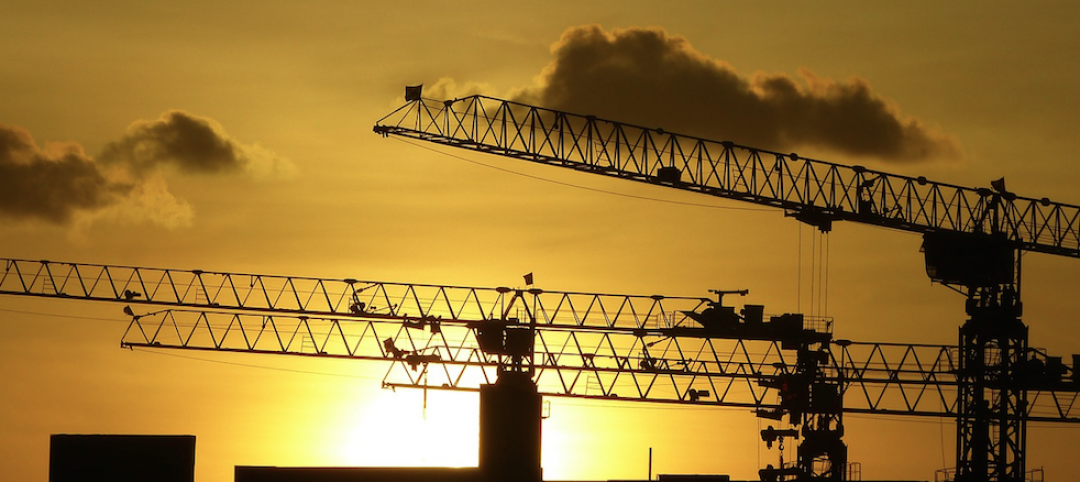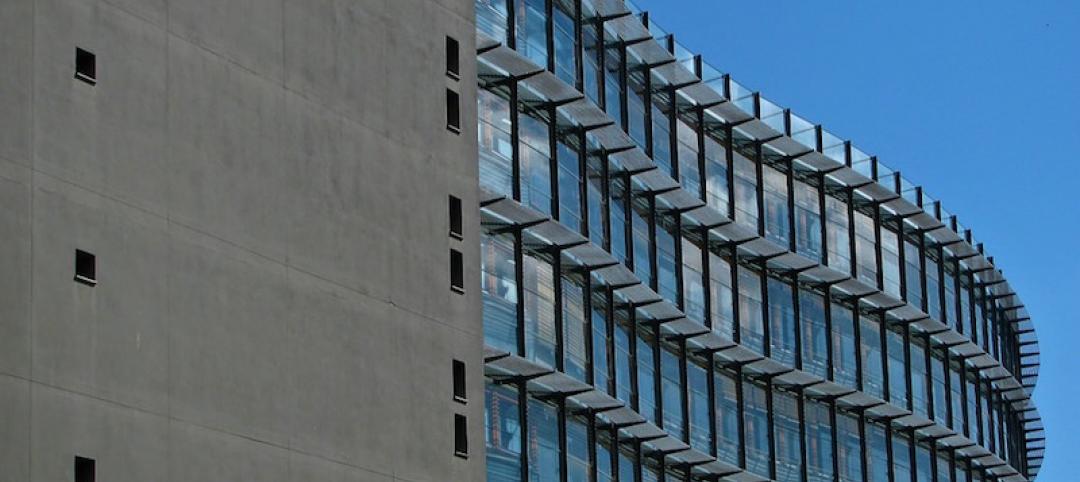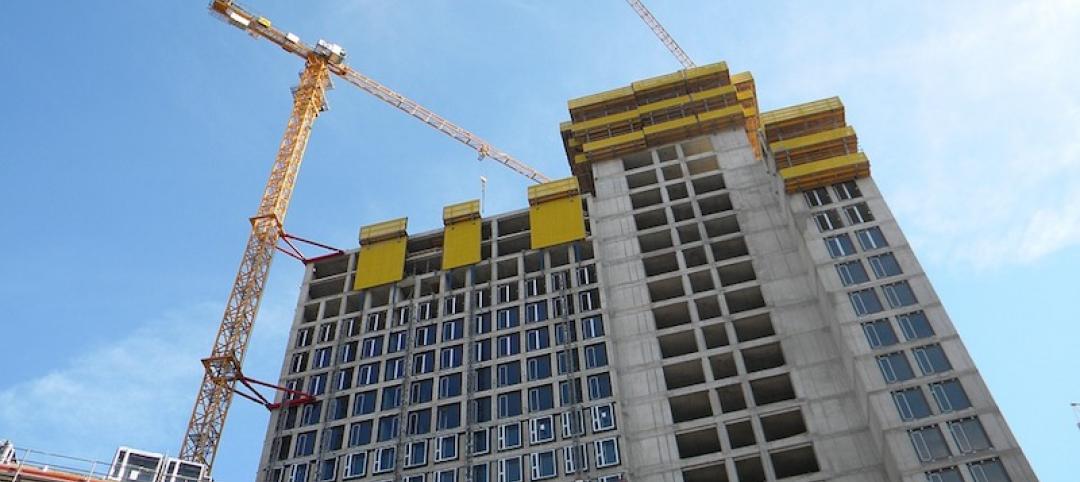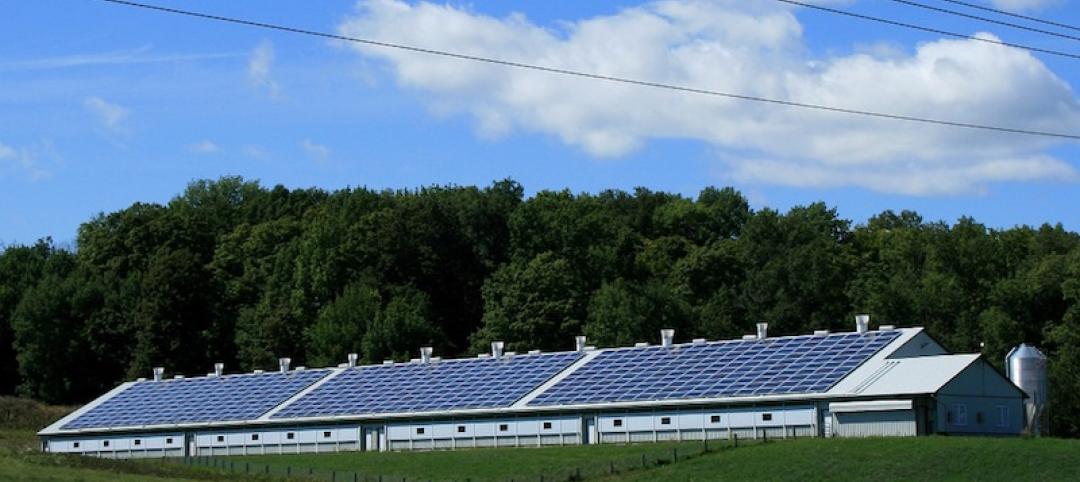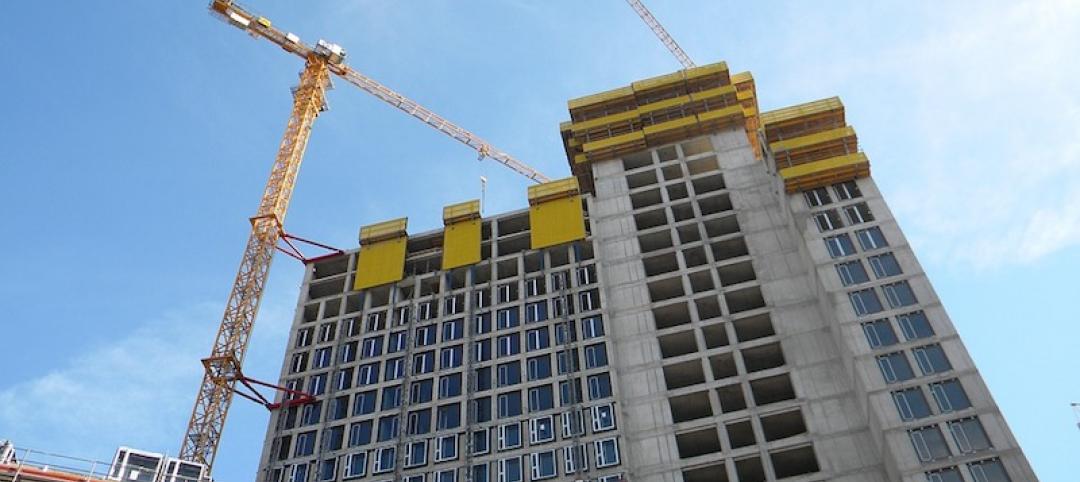As office workers in the U.S. continue returning to their places of employment, Bradley Corp. conducted its Healthy Handwashing Survey™ and found that coronavirus concerns persist, especially as new variants emerge. In response, employees are taking preventive actions. 86% are bringing a mask with them to work and 73% have been fully vaccinated. In addition to masks, office workers are packing a few other personal protection items: 66% have their own hand sanitizer; 39% are taking cleaning wipes; and 29% are prepared with disinfectant spray.
The survey also revealed that, compared to the general population, office workers are significantly more conscious about coming in contact with germs and more concerned about contracting the coronavirus. 73% of office workers worry about getting the coronavirus versus 67% of the general population. And, due to the rise in new strains of the virus, 70% of office workers have implemented a more rigorous handwashing regimen versus 59% of the general population.
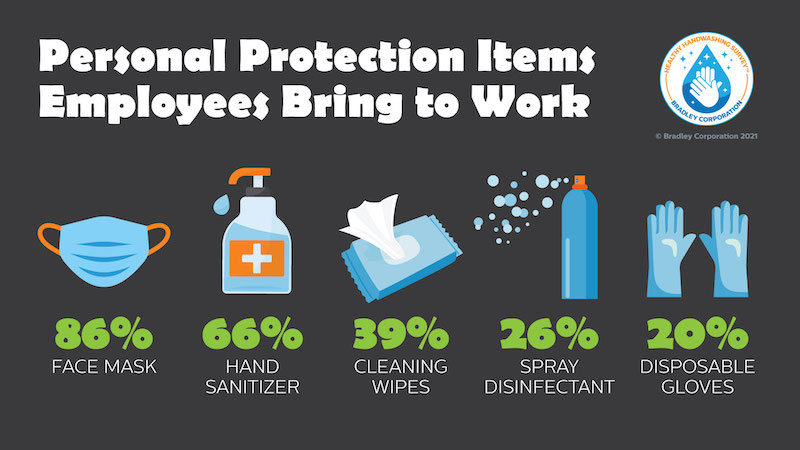
The Healthy Handwashing Survey from Bradley Corp. queried 1,035 American adults Aug. 3-10, 2021, about their handwashing habits, concerns about the coronavirus and their return to the workplace. A subset of 513 respondents who work in offices were identified and asked a series of applicable questions. Participants were from around the country and were evenly split between men and women. The Healthy Handwashing Survey of the general population has a margin of error of +/- 3% and the office worker subset has a margin of error of +/- 4, with a 95% confidence level.
The ongoing pandemic has also led to changes in the work environment – namely how workers interact with their colleagues. At the office, 51% avoid shaking hands, 42% sit further way in meetings and 36% use a video call instead of meeting in person. In terms of hand hygiene, approximately two-out-of-three office workers are washing their hands more frequently since returning to the office, with half washing six or more times a day.
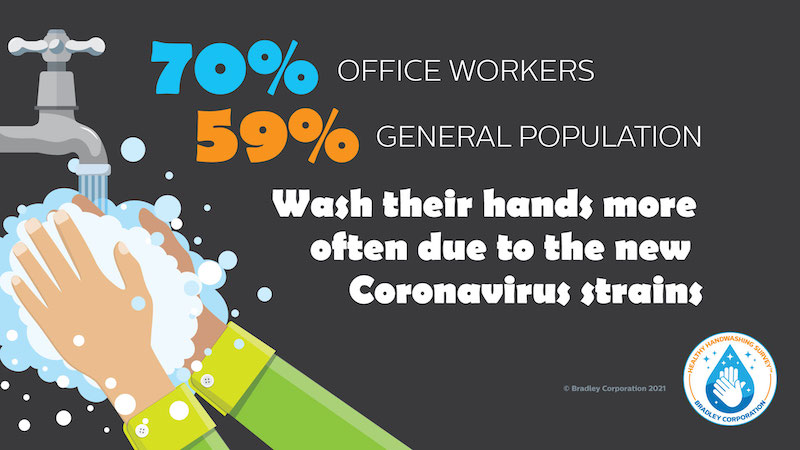
“Office workers are returning to the workplace cautiously—particularly now with the prevalence of the Delta variant—and are personally taking steps to avoid germs and the virus,” says Jon Dommisse, Vice President of Marketing and Corporate Communication, Bradley Corp. “The coronavirus has notched up the need for cleaner workspaces, limited contact and increased handwashing.”
Coronavirus Concerns Spur Hand Hygiene Practices
With office workers washing their hands more frequently, 62% report their employers have made changes or improvements to workplace restrooms in response to the pandemic, including more frequent cleanings. And, in a sign of today’s pandemic times, 79% of office workers believe touchless restroom fixtures are important. Case in point, when using their workplace restroom, two-thirds reach for a paper towel to avoid touching restroom door handles, the toilet flusher and faucet handles. Another one-third use their foot to operate the toilet flusher.
Within the workspace, employers have added hand sanitizing stations and encouraged employees to stay home when sick. Those actions haven’t gone unnoticed or unappreciated by employees. 53% of office workers say their employer’s response to the pandemic and implementation of safety measures makes them feel more valued and 35% say it makes them feel more positive about the company they work for.
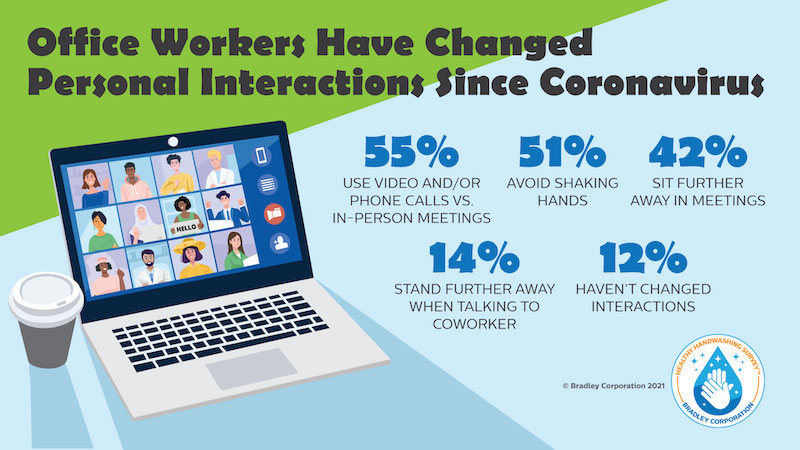
Related Stories
Market Data | Oct 31, 2016
Nonresidential fixed investment expands again during solid third quarter
The acceleration in real GDP growth was driven by a combination of factors, including an upturn in exports, a smaller decrease in state and local government spending and an upturn in federal government spending, says ABC Chief Economist Anirban Basu.
Market Data | Oct 28, 2016
U.S. construction solid and stable in Q3 of 2016; Presidential election seen as influence on industry for 2017
Rider Levett Bucknall’s Third Quarter 2016 USA Construction Cost Report puts the complete spectrum of construction sectors and markets in perspective as it assesses the current state of the industry.
Industry Research | Oct 25, 2016
New HOK/CoreNet Global report explores impact of coworking on corporate real rstate
“Although coworking space makes up less than one percent of the world’s office space, it represents an important workforce trend and highlights the strong desire of today’s employees to have workplace choices, community and flexibility,” says Kay Sargent, Director of WorkPlace at HOK.
Market Data | Oct 24, 2016
New construction starts in 2017 to increase 5% to $713 billion
Dodge Outlook Report predicts moderate growth for most project types – single family housing, commercial and institutional building, and public works, while multifamily housing levels off and electric utilities/gas plants decline.
High-rise Construction | Oct 21, 2016
The world’s 100 tallest buildings: Which architects have designed the most?
Two firms stand well above the others when it comes to the number of tall buildings they have designed.
Market Data | Oct 19, 2016
Architecture Billings Index slips consecutive months for first time since 2012
“This recent backslide should act as a warning signal,” said AIA Chief Economist, Kermit Baker.
Market Data | Oct 11, 2016
Building design revenue topped $28 billion in 2015
Growing profitability at architecture firms has led to reinvestment and expansion
Market Data | Oct 4, 2016
Nonresidential spending slips in August
Public sector spending is declining faster than the private sector.
Industry Research | Oct 3, 2016
Structure Tone survey shows cost is still a major barrier to building green
Climate change, resilience and wellness are also growing concerns.
Industry Research | Sep 27, 2016
Sterling Risk Sentiment Index indicates risk exposure perception remains stable in construction industry
Nearly half (45%) of those polled say election year uncertainty has a negative effect on risk perception in the construction market.


